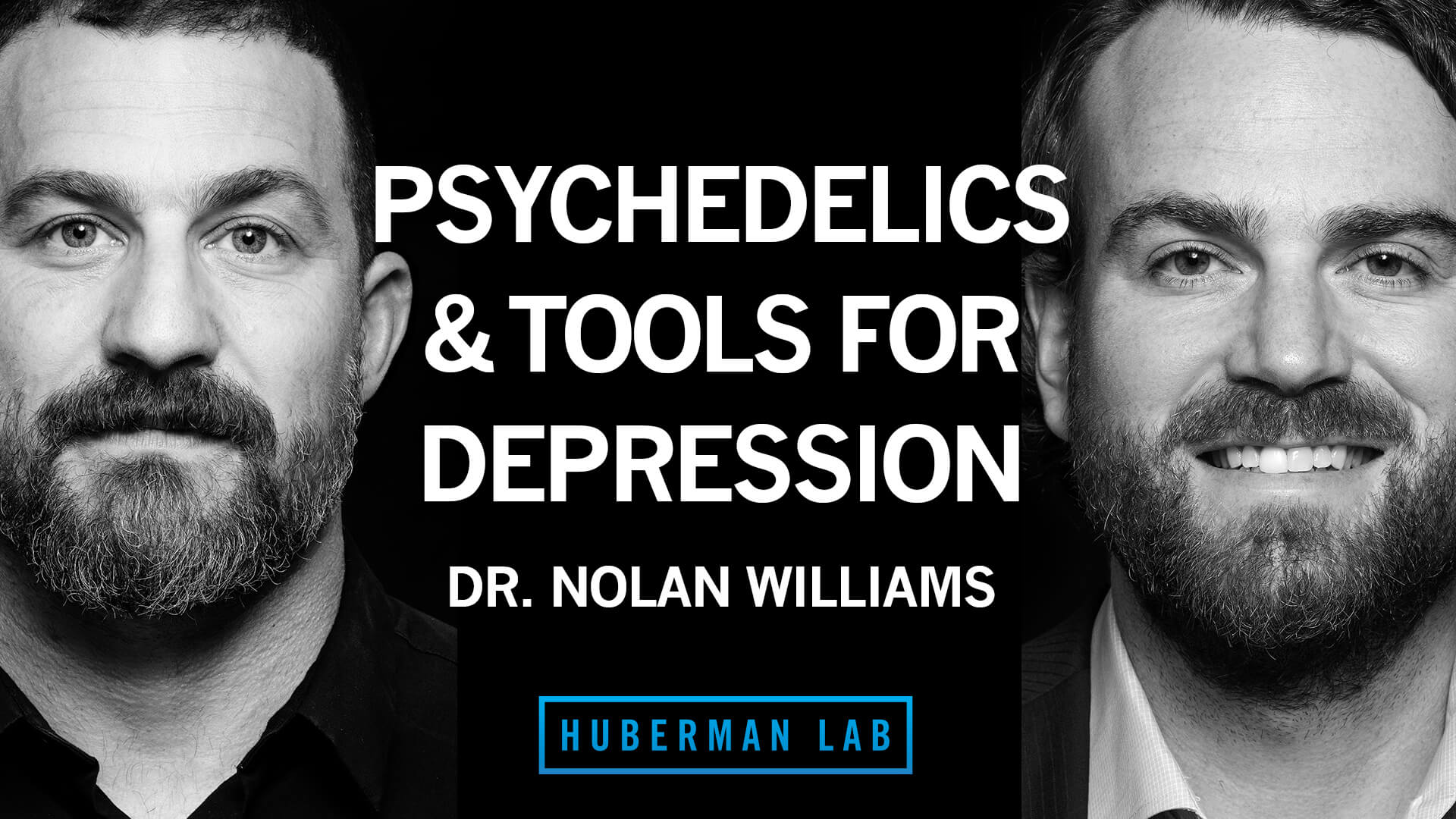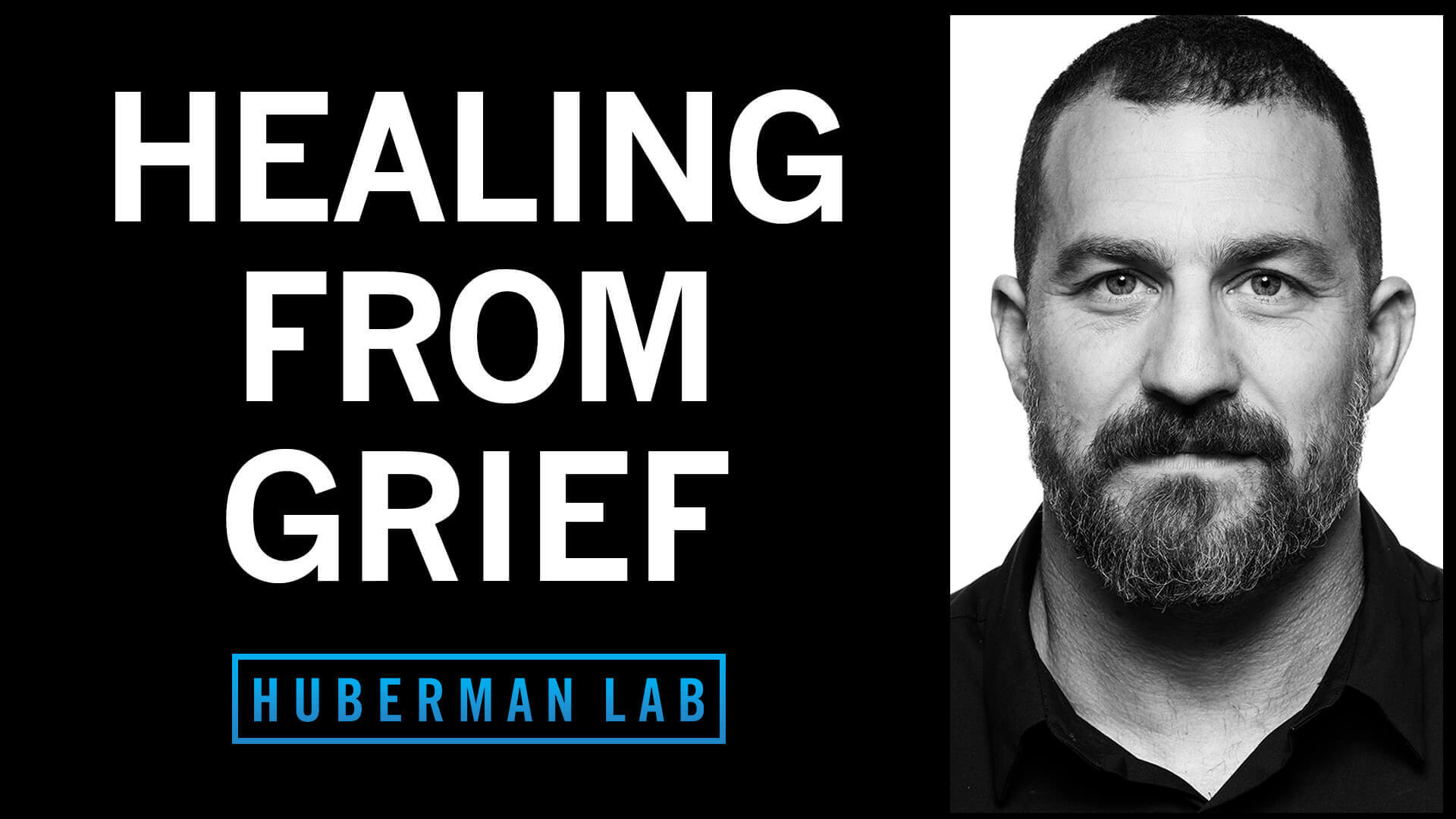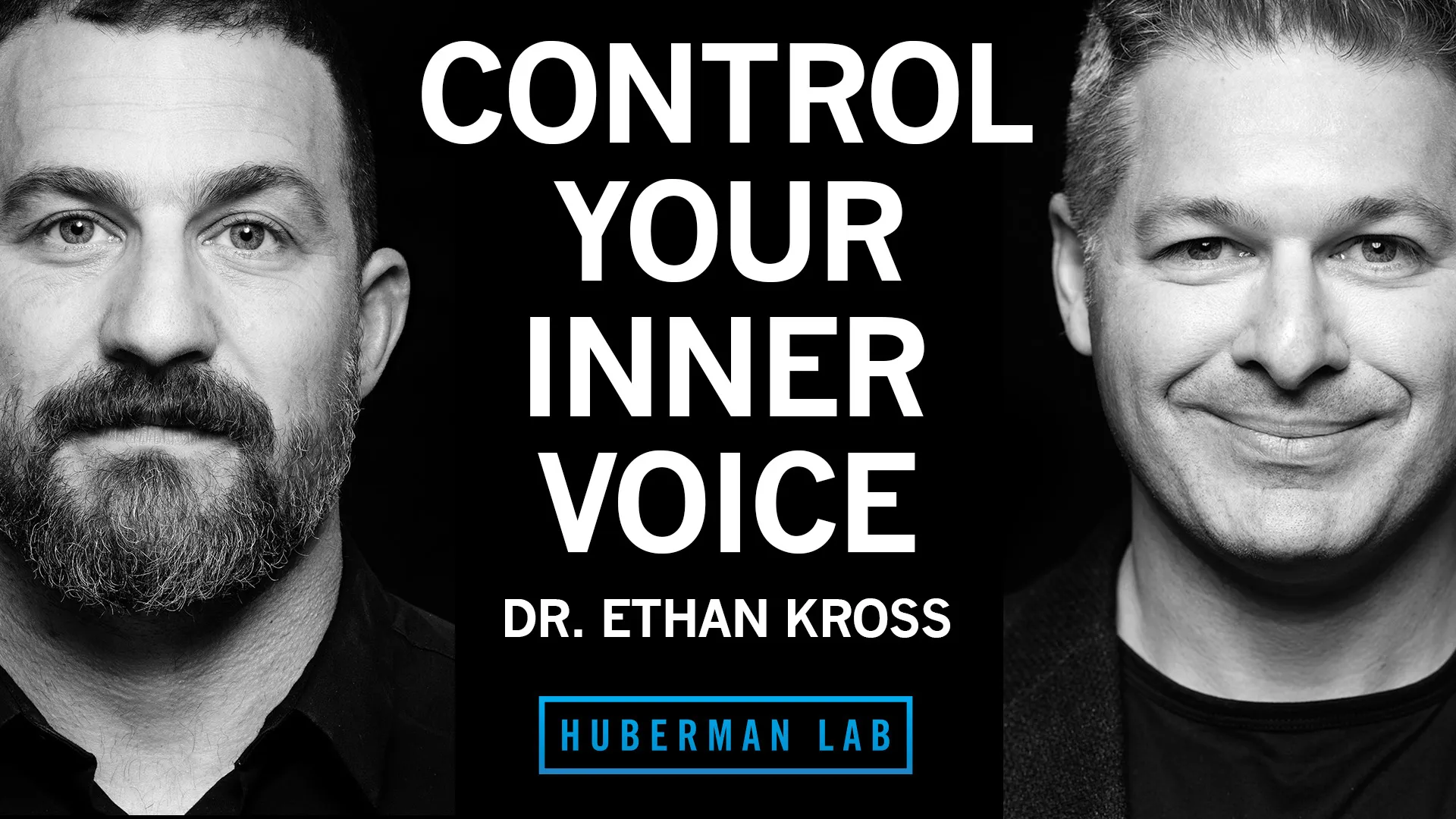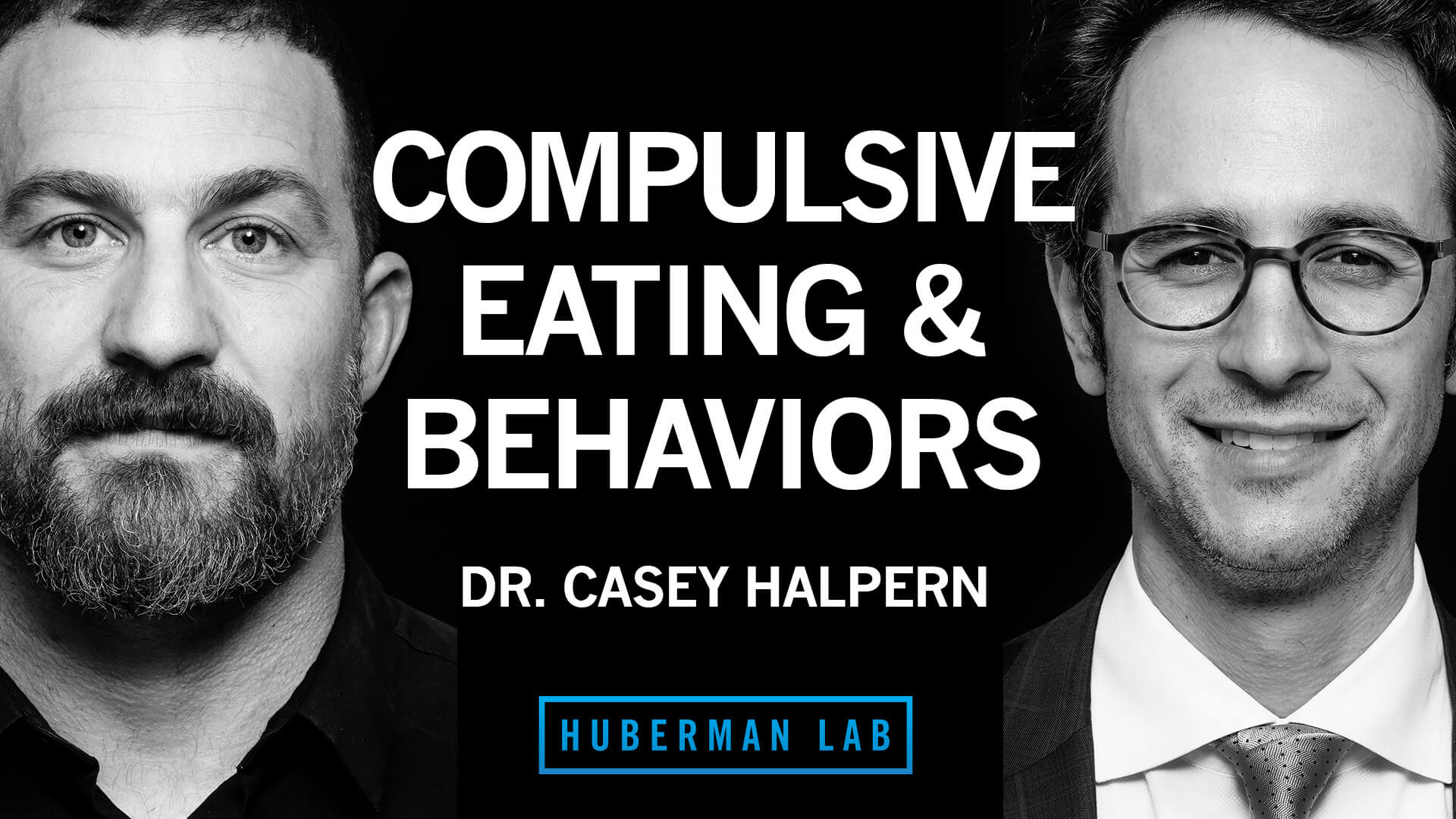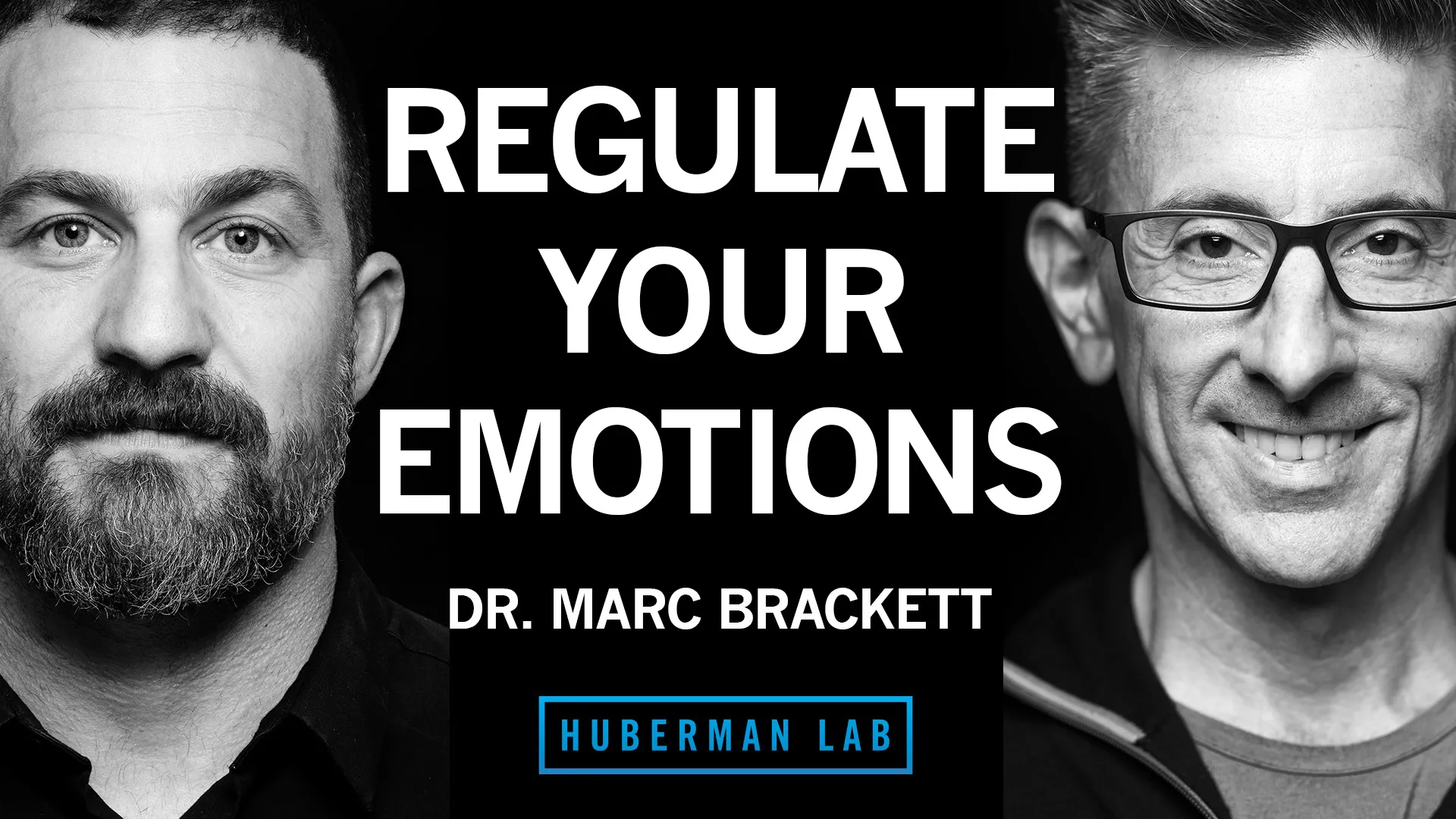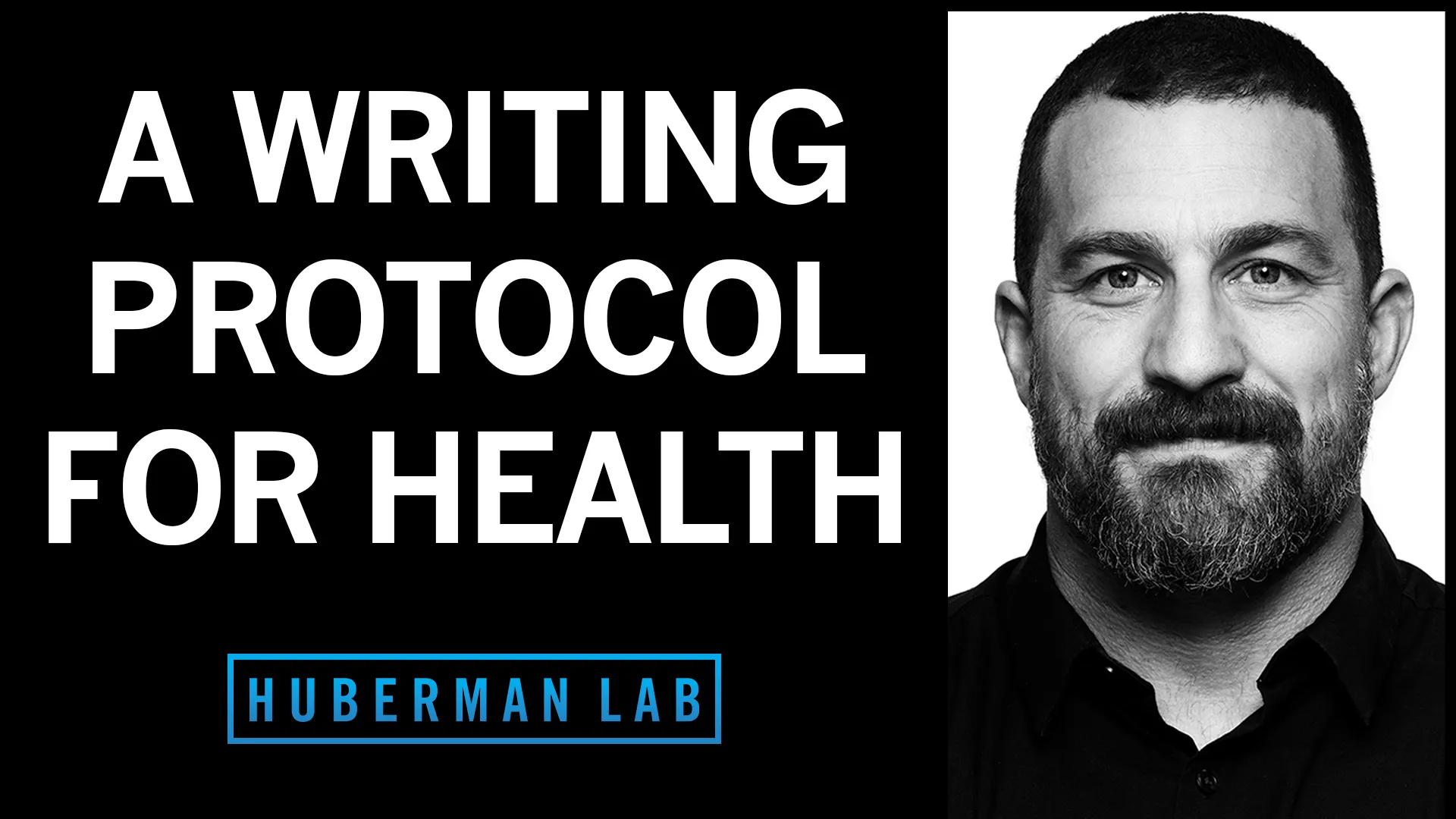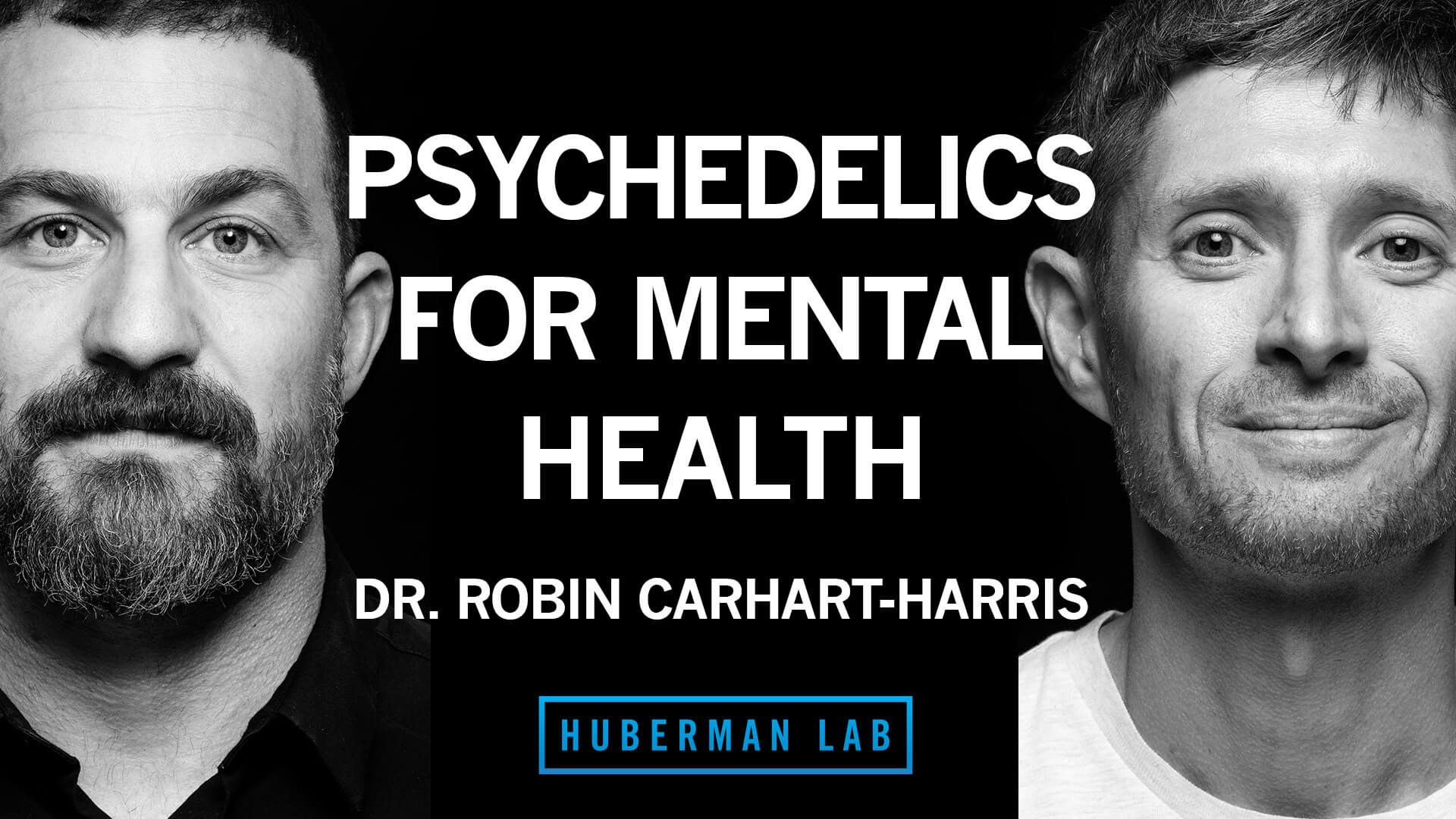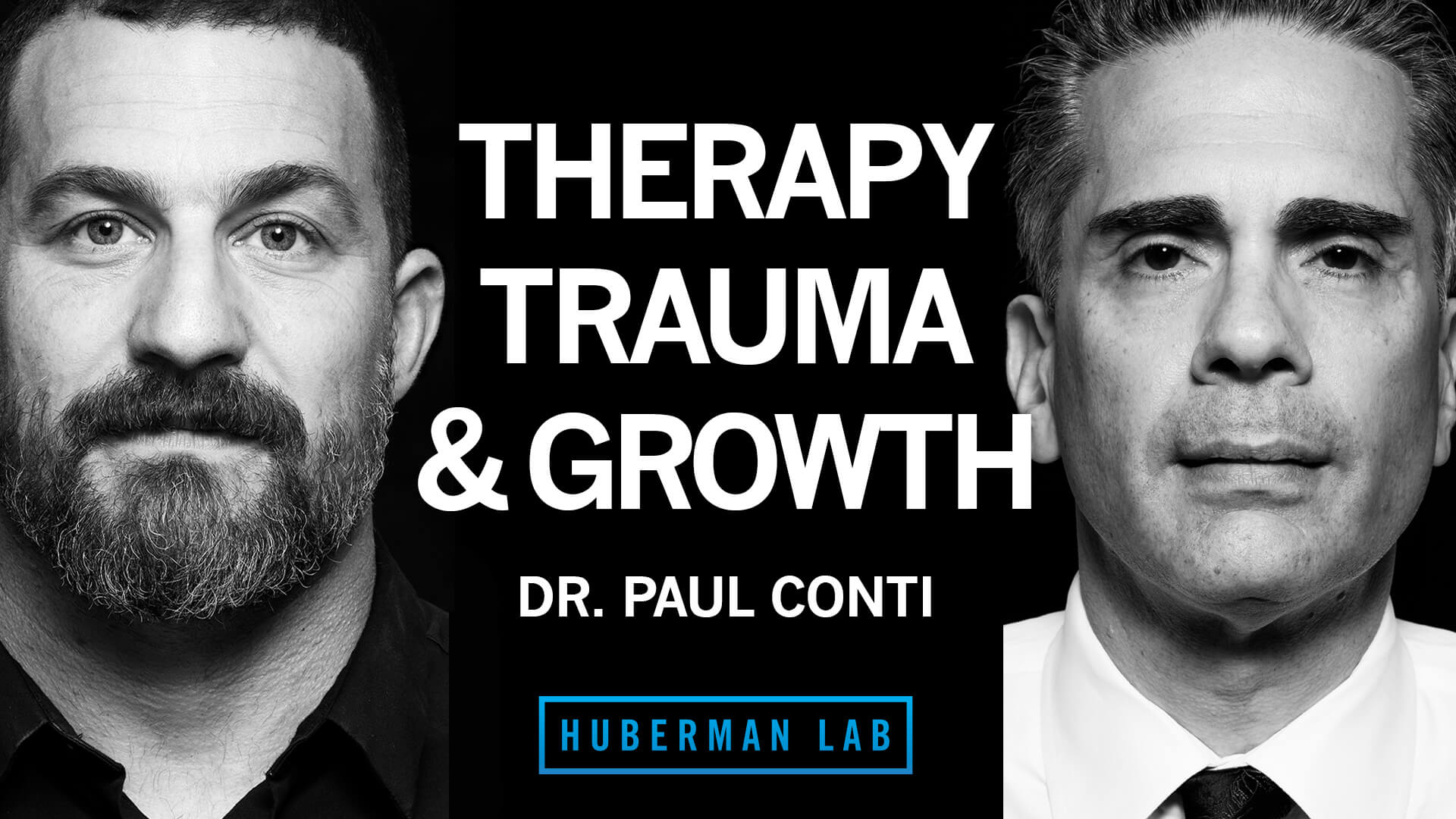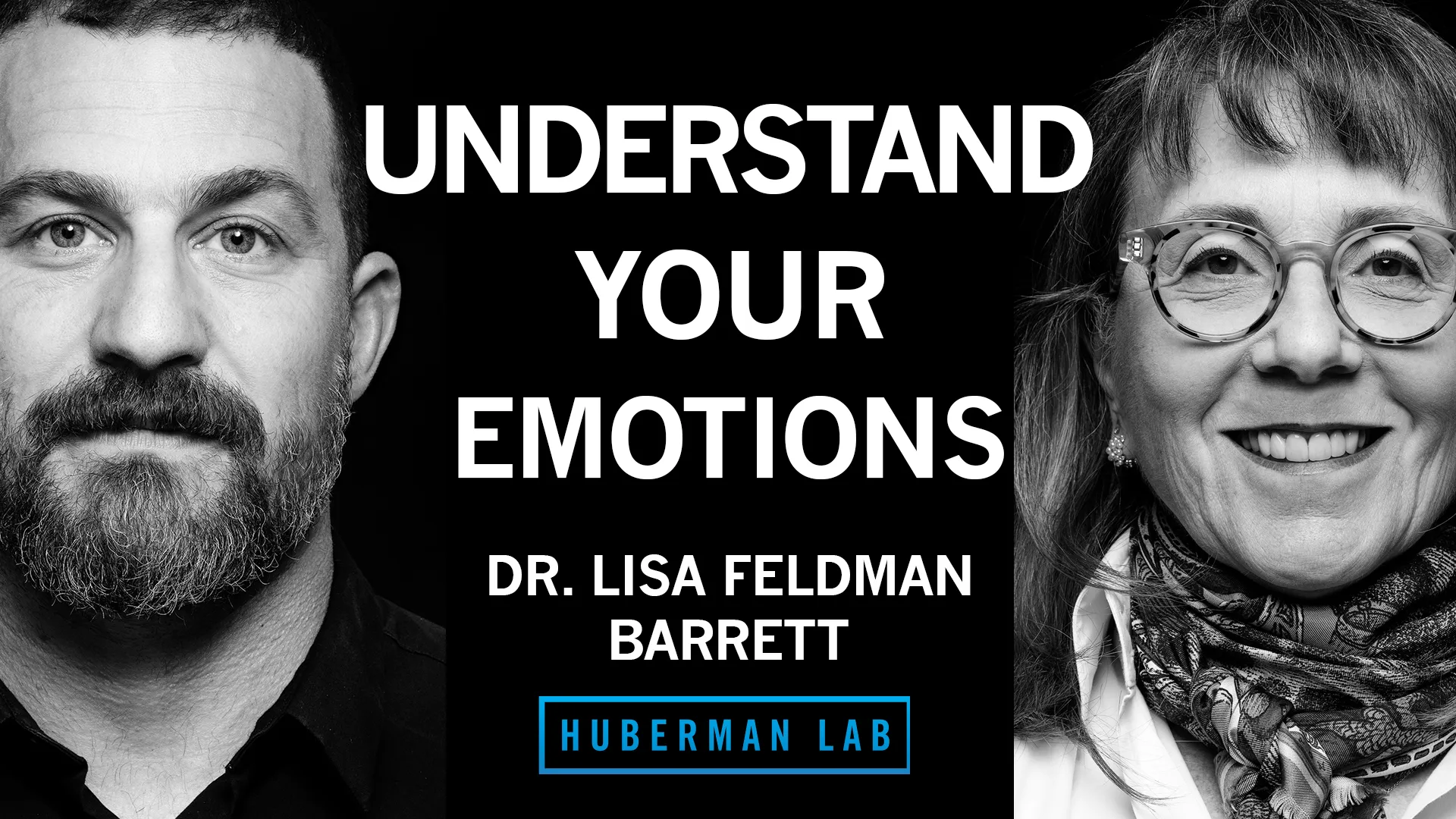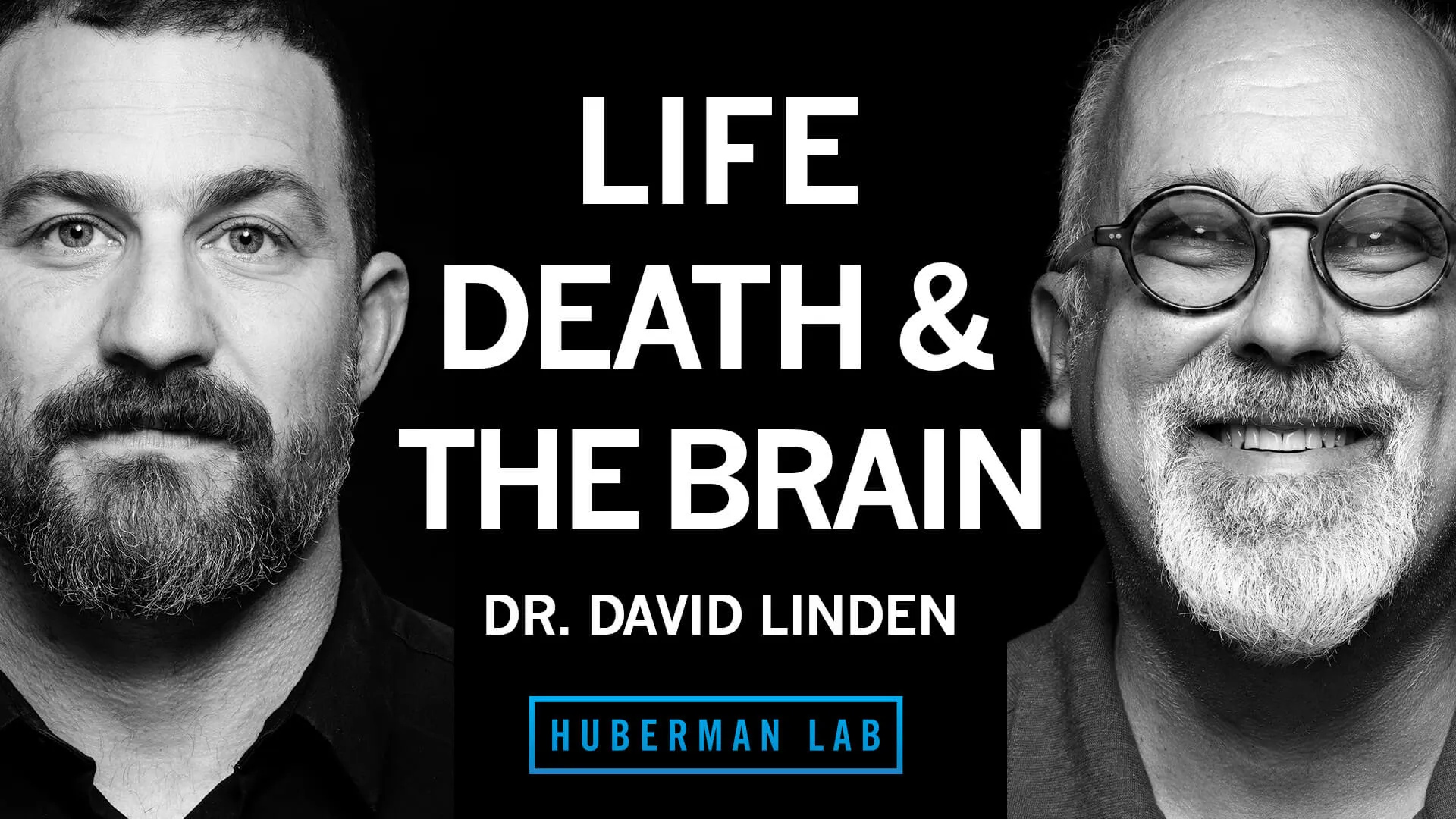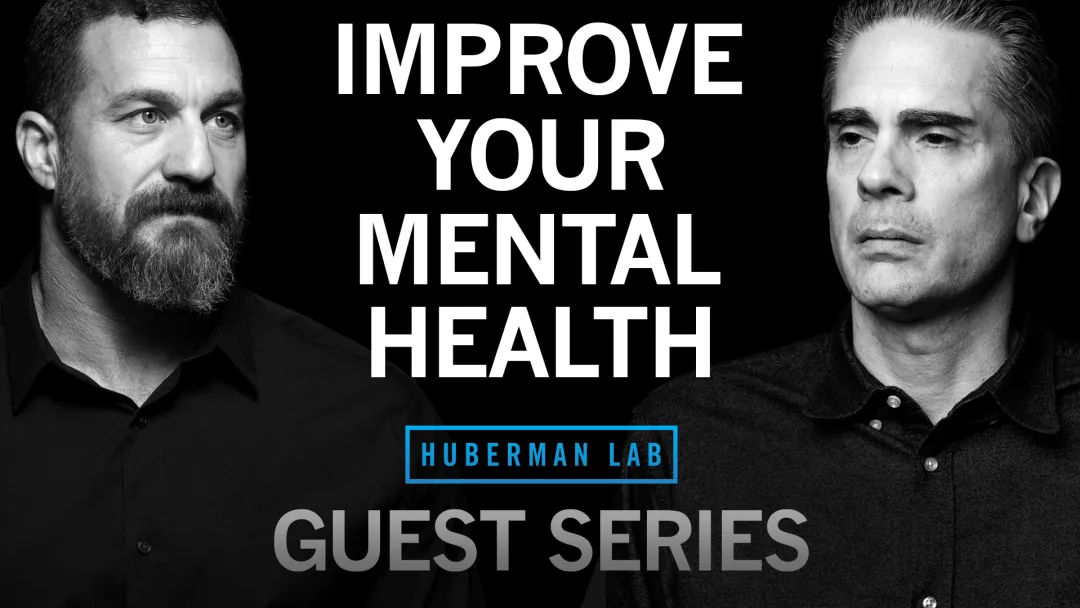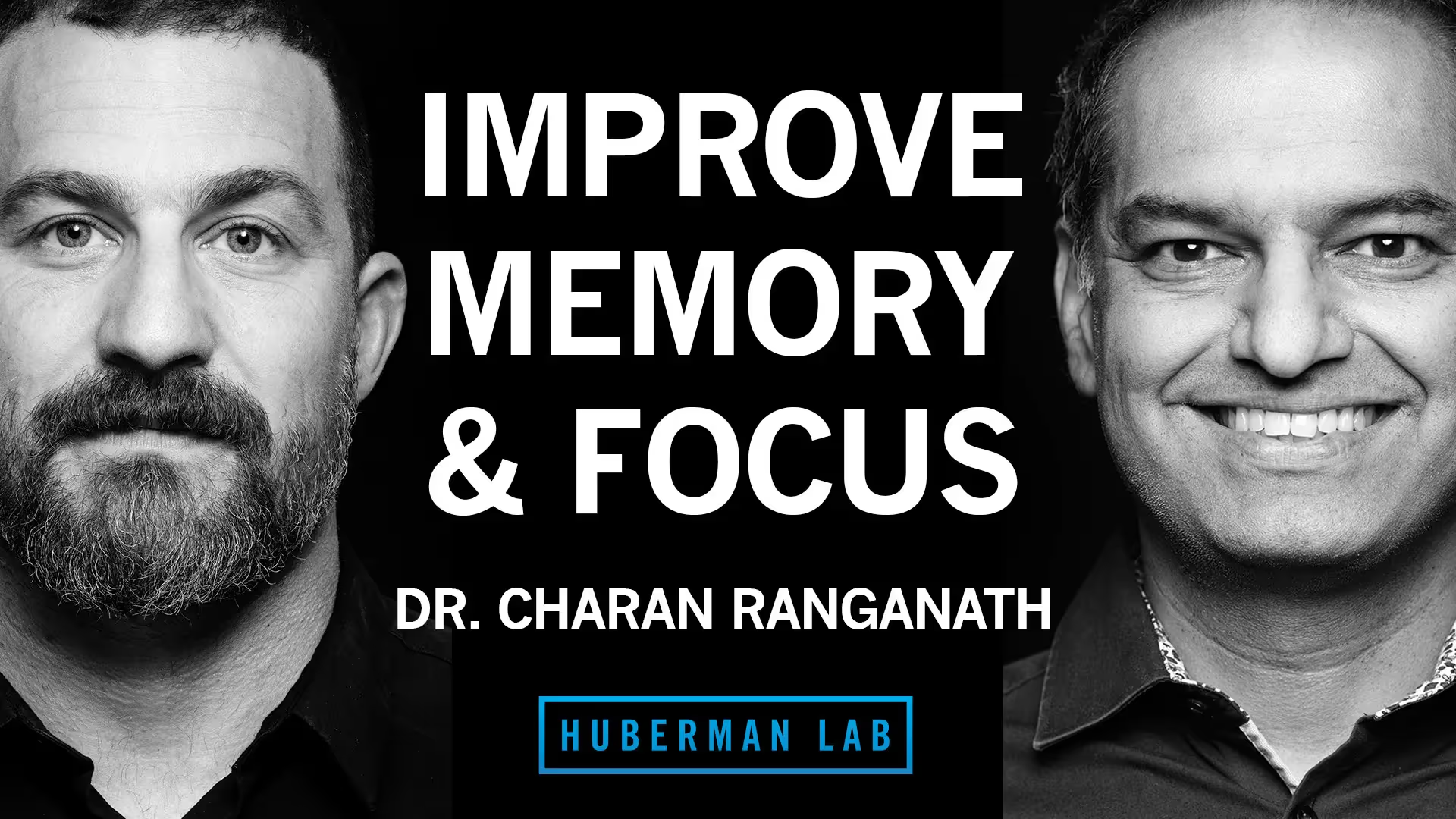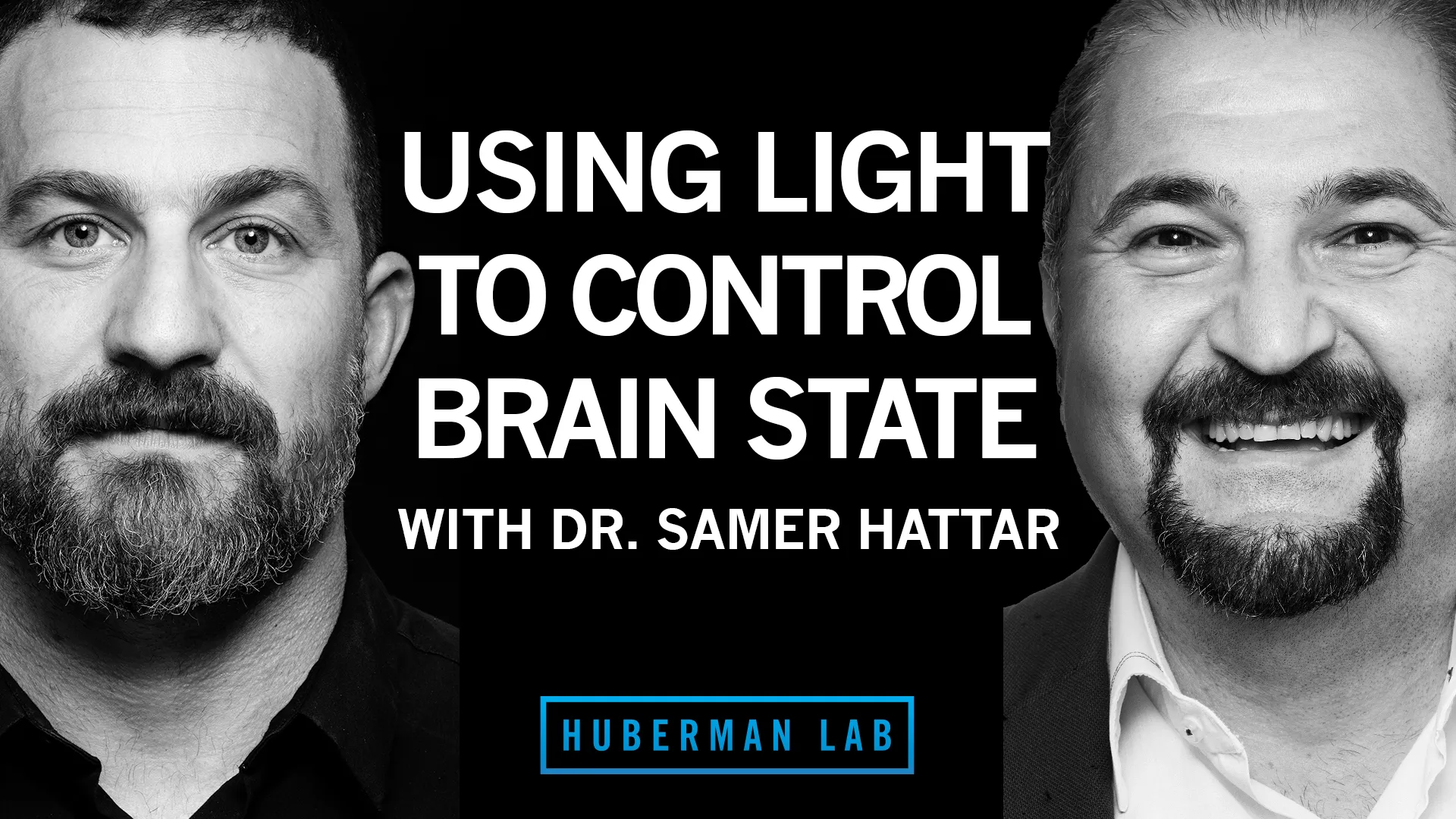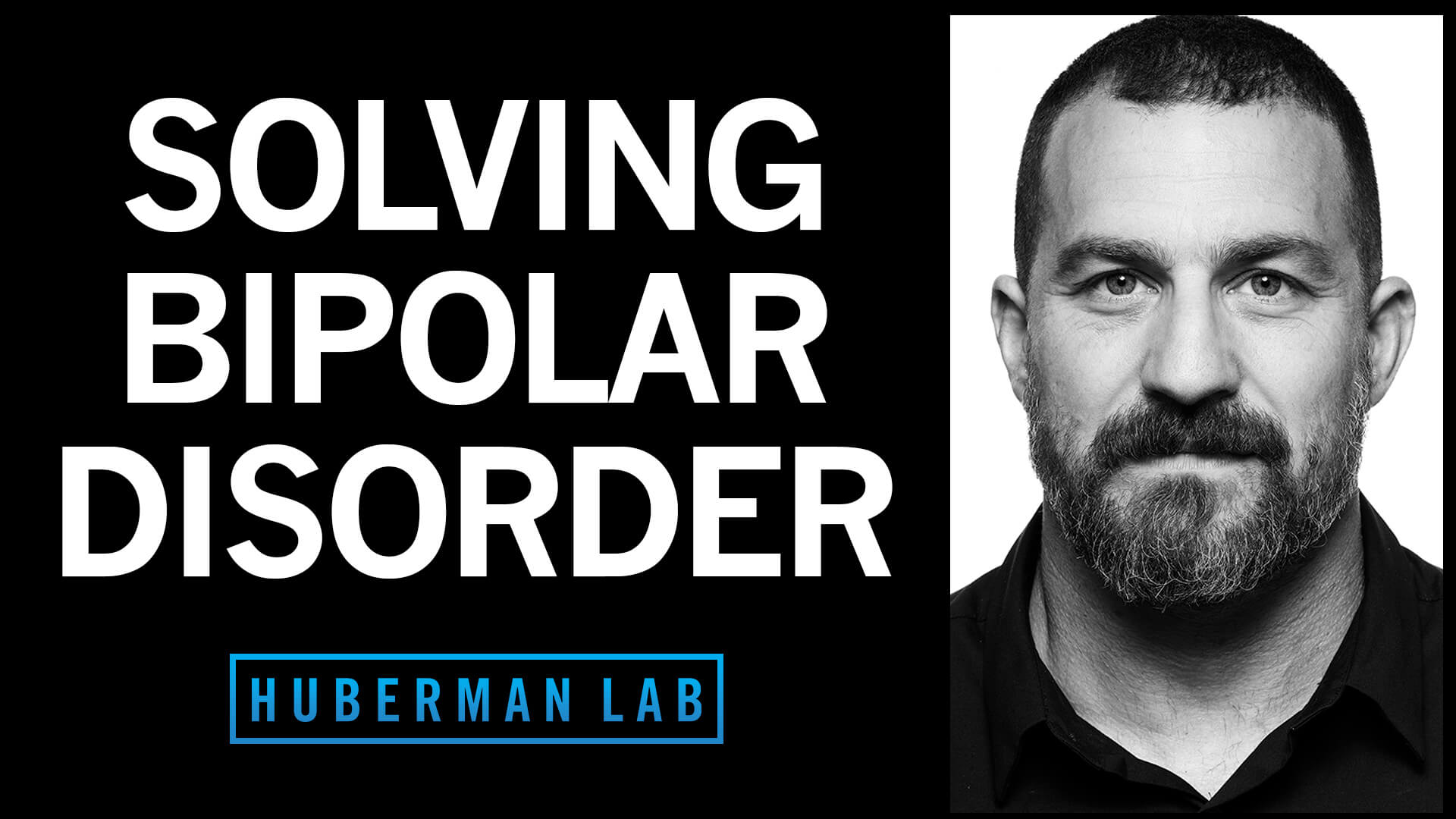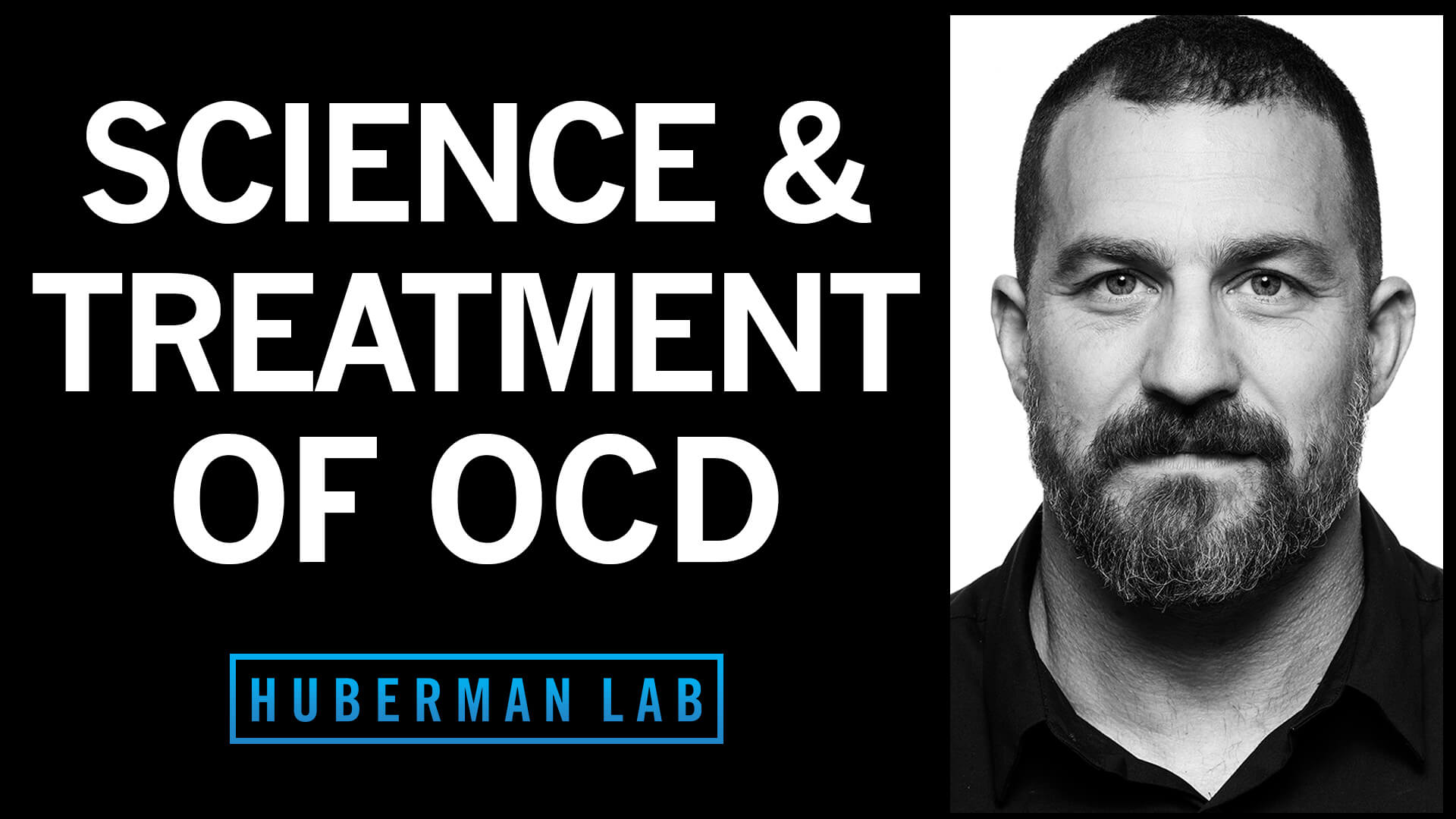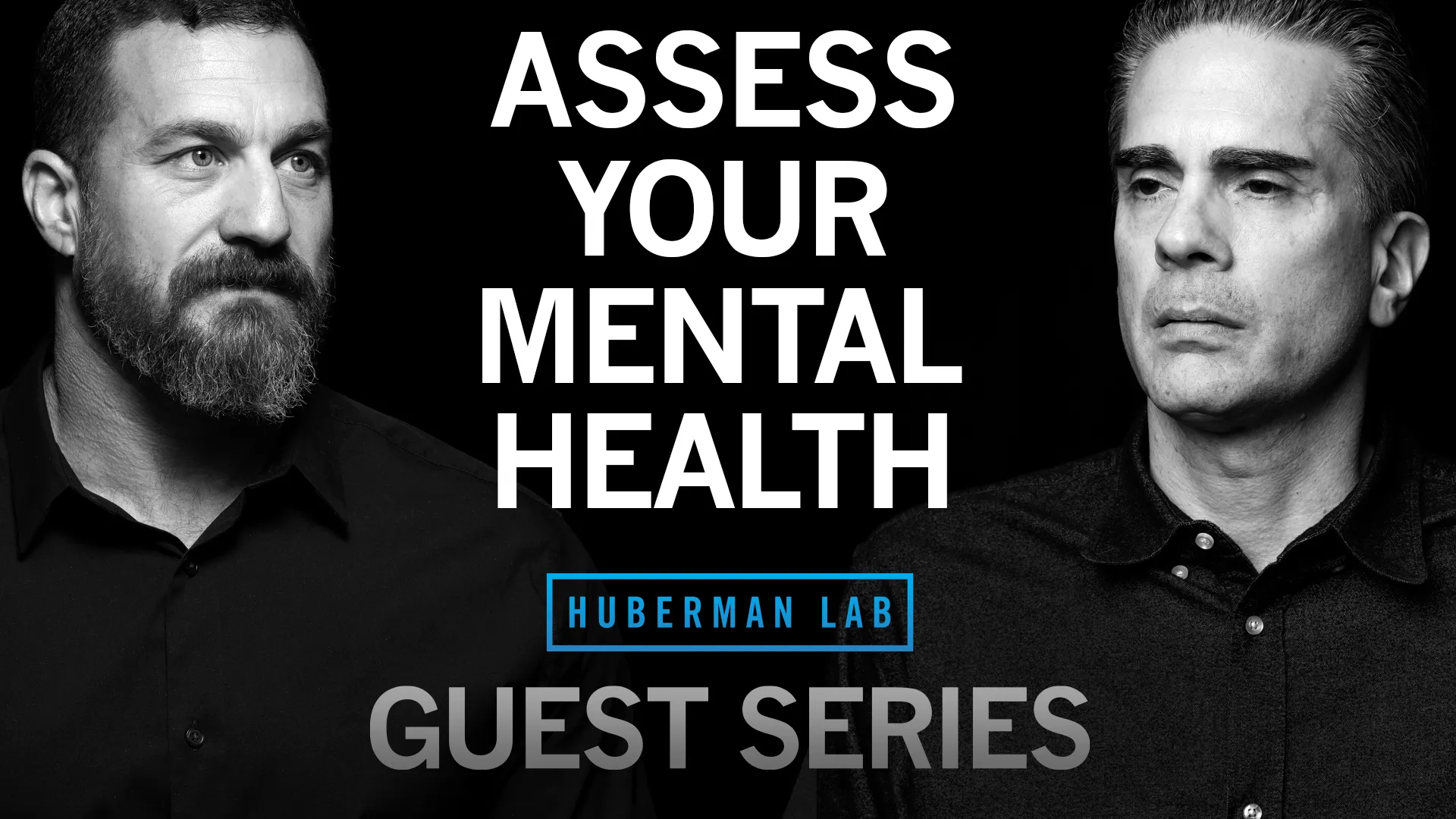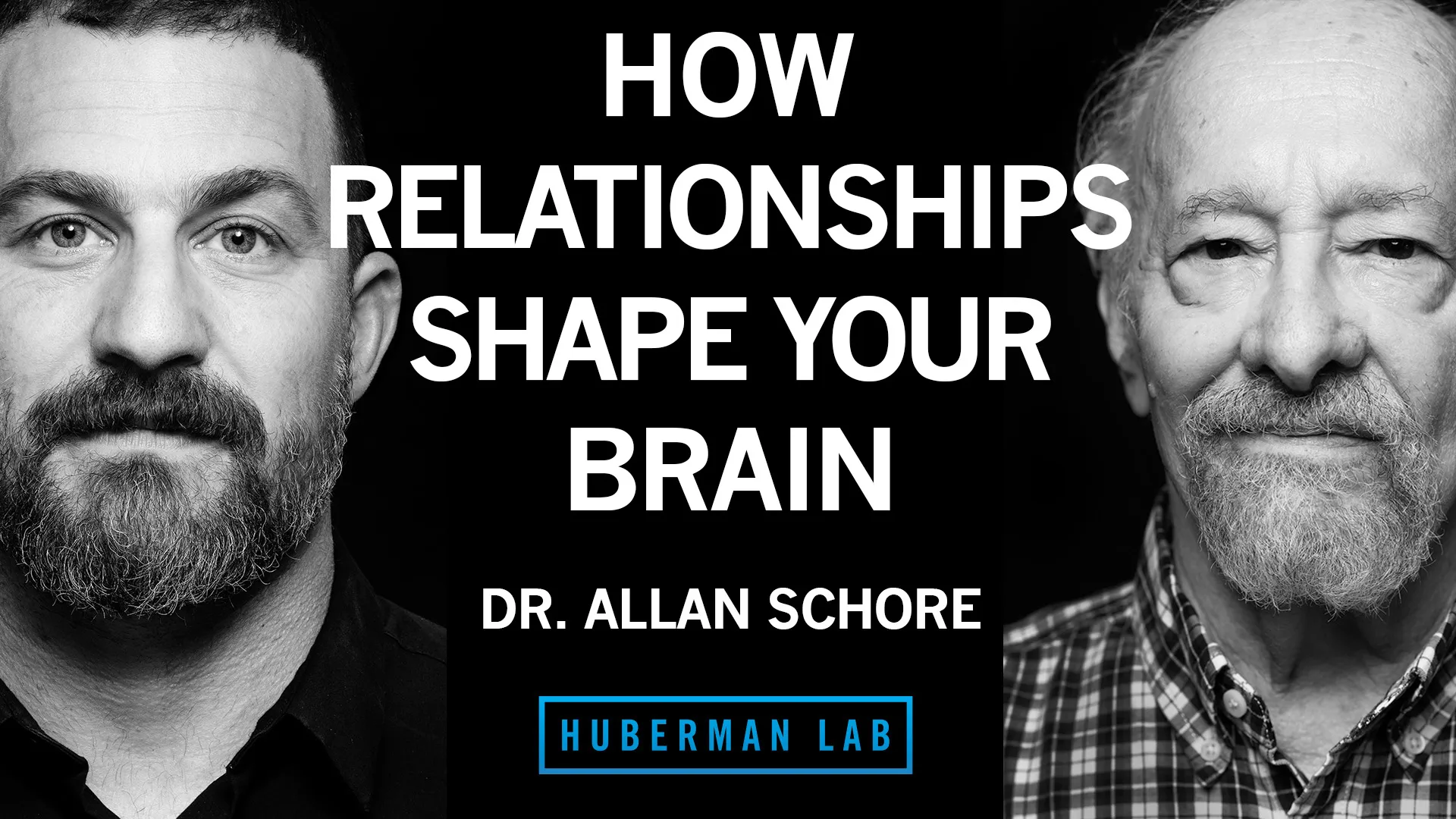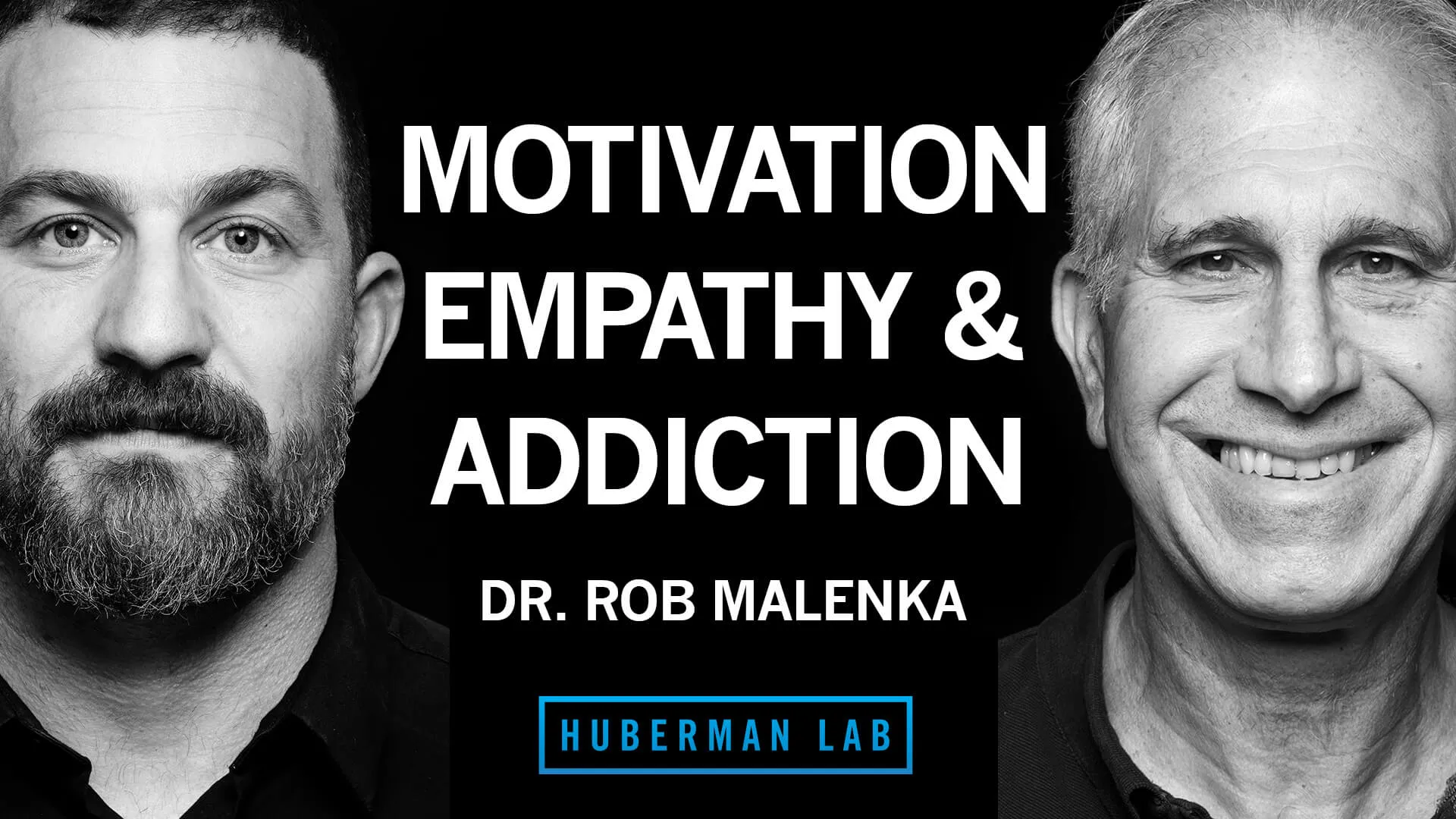
Mental Health
Mental health refers to one’s emotional, psychological and cognitive well-being and is deeply connected to various biological systems and processes within the body. The distinction between mental and physical health is largely artificial as the two are fundamentally intertwined through many shared pathways spanning the nervous, endocrine and immune systems.
The brain's activity — mediated by networks of neurons, neurotransmitters and stress hormones — influences not only one’s thoughts and emotions but also physiological metrics like heart rate, digestion and immune responses. The limbic system, including structures like the amygdala, hippocampus and prefrontal cortex, helps process emotional experiences and regulate stress responses.
Just as your thoughts can influence your physical state, you can harness this mind-body connection and use protocols that affect your physical state in order to improve mood and mental health. Integrating practices like breathwork, deliberate heat or cold exposure and exercise into your daily routine can have profound impacts on mental health and overall well-being.

- Overview
- Watch Now
Learn about Mental Health
- Guest Experts
- Resources
- FAQs
- Related Topics
Table of Contents
- Overview
- Watch Now
Learn about Mental Health
- Guest Experts
- Resources
- FAQs
- Related Topics
Watch Now
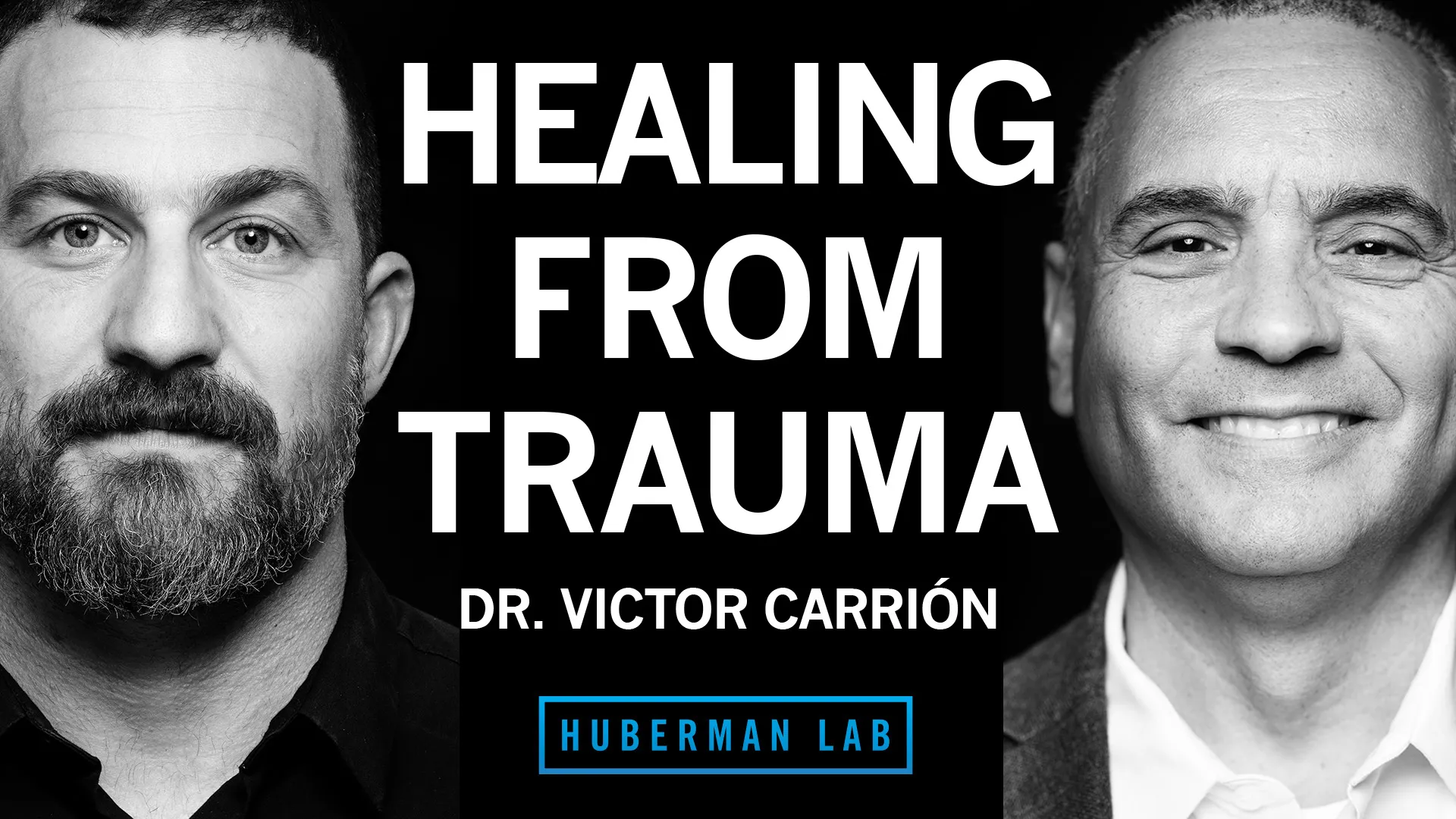
Dr. Victor Carrión: How to Heal From Post-Traumatic Stress Disorder (PTSD)
In this episode, my guest is Victor Carrión, M.D., the Vice-Chair of Psychiatry and Behavioral Sciences at Stanford School of Medicine and a world expert on the understanding and treatment of post-traumatic stress disorder (PTSD) in children, adolescents, and adults.
Learn about Mental Health
Depression and Grief
The science of depression involves understanding its complex biological, genetic and psychological factors. Biologically, depression is associated with disruptions in major neurotransmitter systems, such as norepinephrine, dopamine and serotonin. Norepinephrine primarily affects energy and alertness, while dopamine is linked to motivation and pleasure. Disruptions in these neurotransmitters contribute to common symptoms of depression, including lethargy, lack of motivation and anhedonia (loss of pleasure).
Serotonin is a key neurotransmitter involved in regulating mood and emotional well-being, and plays a central role in many prescription drugs for depression, like selective serotonin reuptake inhibitors (SSRIs). However, recent studies suggest that SSRIs may support mood improvement by allowing the brain to reorganize itself rather than correcting an inherent serotonin deficiency. Outside of neurotransmitters, there are genetic factors and hormonal imbalances (like hypothyroidism) that increase susceptibility to depression, especially when combined with stress.
Grief isn't simply a state of sadness — in fact, it is characterized as a motivational state whereby one is driven by a desire to reconnect with what has been lost. The process of grieving requires a reordering of connections both within the brain and between the brain and body. This type of neuroplasticity is necessary to acknowledge and adapt to the absence of someone or something significant in our lives.
Sleep Deprivation & Depression
From Episode
Guest Series | Dr. Matt Walker: Improve Sleep to Boost Mood & Emotional Regulation
Depression, Risk Factors, Emergency Psychiatric Treatments
From Episode
Dr. Nolan Williams: Psychedelics & Neurostimulation for Brain Rewiring
Grief: Lack & Motivation, Dopamine
From Episode
The Science & Process of Healing from Grief
Explore:
Anxiety & OCD
Anxiety is a state of heightened arousal of the autonomic nervous system — similar to fear — but occurring without an immediate threat in the environment. This is why anxiety can manifest as physical symptoms such as rapid heartbeat, sweating, and muscle tension.
Obsessive-compulsive disorder (OCD) and phobias are interconnected through the common factor of anxiety, though they manifest in different ways. OCD is characterized by obsessions (intrusive thoughts, images or behavioral impulses) and compulsions (repetitive behaviors performed to temporarily alleviate the anxiety caused by these thoughts). Unlike general anxiety, phobias are triggered by distinct stimuli that cause significant distress, leading to avoidance behaviors, which in turn strengthen the fear response and reinforce the cycle of anxiety and avoidance.
Cognitive behavioral therapy (CBT), especially exposure-based therapies, are highly effective in managing anxiety and OCD by helping individuals gradually face their fears in a controlled setting. This process aims to replace anxiety-provoking thoughts with more positive or neutral responses. For OCD specifically, CBT often involves “exposure and response prevention therapy (ERP), in which patients are gradually exposed to their fears without performing their compulsive behaviors.
“Chatter,” Trauma, Depression, Anxiety
From Episode
Dr. Ethan Kross: How to Control Your Inner Voice & Increase Your Resilience
Anxiety & Sleep, Mood vs. Emotions
From Episode
Guest Series | Dr. Matt Walker: Improve Sleep to Boost Mood & Emotional Regulation
Brain Areas in OCD, Risk, Rewards & Addiction
From Episode
Dr. Casey Halpern: Biology & Treatments for Compulsive Eating & Behaviors
Explore:
Trauma and PTSD
Trauma can stem from single or multiple events, including both direct experiences and those observed from a distance, such as witnessing violence or accidents. These experiences alter brain function and can lead to post-traumatic stress disorder (PTSD), which manifests as severe anxiety, panic attacks and dissociative symptoms and repetitive nightmares.
PTSD is marked by chronic activation of neural circuits in areas like the amygdala, which is involved in processing emotions, and the insula, which maps bodily sensations. This can lead to heightened stress responses and bodily sensations associated with trauma.
As PTSD increases the likelihood of depression and substance abuse, treatment approaches include talk therapies, and there is growing research in modalities like psychedelic-assisted therapies. Therapies for trauma and PTSD aim to both change the individual’s subjective narrative around traumatic memories and rewire the brain’s neural circuitry to weaken the salience of traumatic memories and their associated triggers.
Stress, Post-Traumatic Stress Disorder (PTSD), Avoidance
From Episode
Dr. Victor Carrión: How to Heal From Post-Traumatic Stress Disorder (PTSD)
Therapy, PTSD Recovery, Dread; Pharmacology
From Episode
Coleman Ruiz: Overcoming Physical & Emotional Challenges
Abuse & Recovery of Self, Patience, Powerlessness
From Episode
Dr. James Hollis: How to Find Your True Purpose & Create Your Best Life
Explore:
Protocols for Mental Health
Improving mental health involves a multifaceted approach that incorporates various strategies and practices that support brain health, regulate the nervous system and foster a deeper connection to oneself and others. Focus on maintaining the six essential pillars of mental health: sleep, light exposure (which refers to sunlight in the morning and reduced artificial light at night), physical exercise, nutrition, social connection and stress control.
Beyond these, specific mental health protocols can further enhance emotional resilience. Journaling helps process emotions and clarify thoughts by engaging the prefrontal cortex and reducing amygdala activity, and writing your thoughts and feelings down can generate a deeper sense of self-awareness than ruminating.
Short, daily meditation sessions have been shown to improve mood and reduce anxiety. Meditation enhances self-awareness by fostering a deeper understanding of your internal experiences and bringing unconscious processes forward to conscious awareness. Additionally, regular exposure to natural environments, such as parks, beaches or forests — for as little as 10 to 30 minutes a few times a week — has been shown to lower blood pressure, improve sleep and boost mood.
Tool: Nature & Cognitive Restoration; Awe; Screens, Modifying Spaces
From Episode
Dr. Ethan Kross: How to Control Your Inner Voice & Increase Your Resilience
Emotion Suppression; Permission to Feel, Emotions Mentor
From Episode
Dr. Marc Brackett: How to Increase Your Emotional Intelligence
Morning Notes, Gratitude Journaling, Diary Journaling
From Episode
A Science-Supported Journaling Protocol to Improve Mental & Physical Health
Explore:
Mental Health Therapies and Treatments
Therapy can significantly improve mental health by providing support, insights and tools to promote emotional healing and growth. Therapy helps individuals explore their thoughts and emotions in a safe and structured environment, leading to transformative insights that might not be reachable on one's own. This process can address issues such as anxiety, depression and other mental health disorders by helping individuals understand and alter negative thought patterns and behaviors.
There are several types of therapies available for mental health, each with its own approach and focus. Talk therapies include cognitive behavioral therapy (CBT), dialectical behavioral therapy (DBT) and Internal Family Systems (IFS). There are also neuromodulation therapies such as neurofeedback and repetitive transcranial magnetic stimulation (rTMS) which directly target the brain’s electrical or neurochemical activity to improve mental health. Both types of therapies offer transformative potential by enhancing brain plasticity, disrupting maladaptive thought patterns, teaching more constructive ways to think and enabling profound emotional breakthroughs.
The Largest Challenges Facing Treatment of Mental Health
From Episode
Dr. Karl Deisseroth: Understanding & Healing the Mind
Mental Health & Psychedelic Treatment, Safeguards, Paradigm Shift
From Episode
Dr. Robin Carhart-Harris: The Science of Psychedelics for Mental Health
Tool: Finding a Good Therapist
From Episode
Dr. Paul Conti: Therapy, Treating Trauma & Other Life Challenges
Explore:
Guest Experts
Resources
Articles & Research Papers
- Confronting a traumatic event: tToward an understanding of inhibition and disease (Journal of Abnormal Psychology)
- Writing About Emotional Experiences as a Therapeutic Process (Psychological Science)
- Craving love? Enduring grief activates brain’s reward center (NeuroImage)
- Single-Dose Psilocybin for a Treatment-Resistant Episode of Major Depression (The New England Journal of Medicine)
- Effects of Psilocybin-Assisted Therapy on Major Depressive Disorder (JAMA Psychiatry)
- MDMA-assisted therapy for severe PTSD: a randomized, double-blind, placebo-controlled phase 3 study (Nature Medicine)
- The effects of MDMA-assisted therapy on alcohol and substance use in a phase 3 trial for treatment of severe PTSD (Drug & Alcohol Dependence)
- Ketamine: 50 Years of Modulating the Mind (Frontiers in Human Neuroscience)
- Antidepressant effects of ketamine in depressed patients (Biological Psychiatry)
- Patient Adherence to Cognitive-Behavioral Therapy Predicts Long-Term Outcome in Obsessive-Compulsive Disorder (The Journal of Clinical Psychiatry)
- Brainstorm: Occupational choice, bipolar illness and creativity (Economics & Human Biology)
- Day and night light exposure are associated with psychiatric disorders: an objective light study in >85,000 people (Nature Mental Health)
Books
- Opening Up by Writing It Down: How Expressive Writing Improves Health and Eases Emotional Pain (Book by James W. Pennebaker, Ph.D., and Joshua M. Smyth, Ph.D.)
- Trauma: The Invisible Epidemic: How Trauma Works and How We Can Heal From It (Book by Paul Conti, M.D.)
- The Body Keeps the Score: Brain, Mind, and Body in the Healing of Trauma (Book by Bessel van der Kolk, M.D.)
- On Death and Dying: What the Dying Have to Teach Doctors, Nurses, Clergy and Their Own Families (Book by Elisabeth Kübler-Ross, foreward by Ira Byock, M.D. )
- Bowling Alone: Revised and Updated: The Collapse and Revival of American Community (Book by Robert D. Putnam)
- The Stress Prescription: Seven Days to More Joy and Ease (The Seven Days Series) (book by Dr. Elissa Epel)
- Brain Energy: A Revolutionary Breakthrough in Understanding Mental Health—and Improving Treatment for Anxiety, Depression, OCD, PTSD, and More (book by Dr. Christopher Palmer)
Note: Books listed here may include Amazon affiliate links, which provide a small commission to support the podcast at no additional cost to you
Additional Resources
- Huberman Lab Guest Series with Dr. Paul Conti
- Multidisciplinary Association for Psychedelic Studies (MAPS)
- “Complicated grief” questionnaire
- Participate in Dr. Mary-Frances O’Connor’s grief studies
Note: Unless explicitly noted, Huberman Lab has no financial relationship with the additional resources listed.
Disclaimer
If you are in acute mental distress or are having thoughts of self-harm, please reach out to the Crisis Text Line or text 988. View options for international support.


